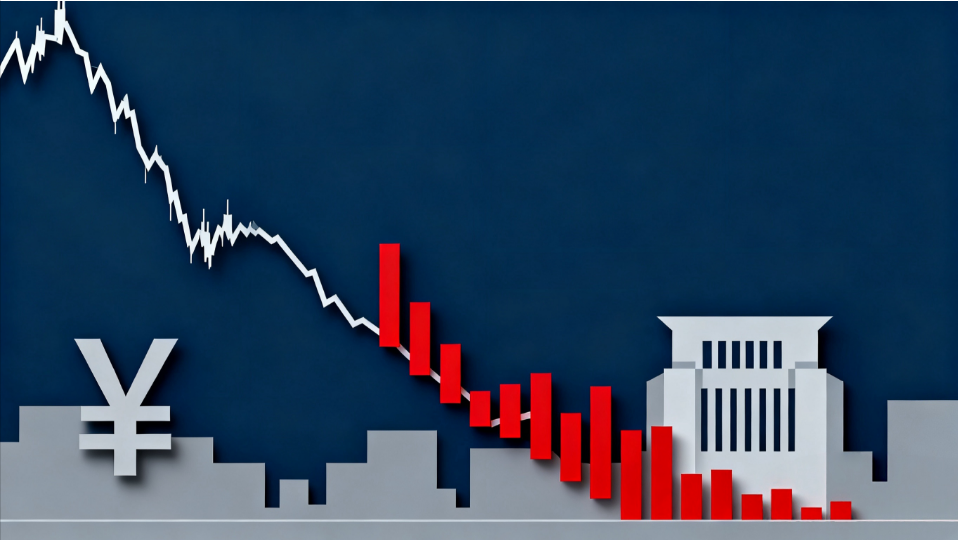
On November 5, major Asian stock markets faced widespread pressure, with significant declines in Japanese and Korean markets as investor sentiment turned sharply pessimistic. South Korea’s KOSPI index plummeted by over 4% at one point, marking a rare single-day drop in recent years. Due to escalating market panic, the Korea Exchange urgently announced a suspension of programmed selling orders in the KOSPI market to prevent systemic sell-offs from amplifying losses. This temporary intervention highlights the intensity of current market volatility and demonstrates regulators’ decisiveness in addressing sudden financial risks.
The trigger for this sharp decline stemmed from global investors’ concerns over overvalued artificial intelligence (AI) sectors. Over the past year, AI concept stocks sparked a capital frenzy worldwide, and South Korea, as a key player in the semiconductor and AI supply chain, naturally became a focus of capital pursuit. However, as the market began reassessing the profitability and genuine growth potential of tech stocks, a selling wave quickly spread. Chip stocks were particularly hard-hit, with leading companies SK Hynix and Samsung Electronics both experiencing significant declines.
Specifically, SK Hynix’s stock fell 5.5% to 554,000 won, while Samsung Electronics’ stock dropped 4.6% to 100,100 won. These two companies collectively account for nearly 30% of the KOSPI index’s weighting, and their simultaneous decline directly led to a sharp drop in the index. As of the time of reporting, the Korea Composite Index fell 4.61%, marking its largest single-day decline in months. Meanwhile, the Japanese market also faced a wave of capital outflows, with the Nikkei 225 index falling 2.22%, and tech and export sectors broadly retreating.
Industry analysts pointed out that this round of declines is not an isolated event but rather a reflection of global markets repricing the risks of an "AI valuation bubble." Since the financial reports of U.S. tech giants fell short of expectations, Asian investors have begun worrying whether the growth logic of the AI sector has been overly透支. As hubs for semiconductor and equipment manufacturing, South Korea and Japan’s stock markets naturally bear the brunt of these concerns.
Additionally, macroeconomic factors such as the recent weakness of the Korean won, high global interest rates, and slowing exports have amplified market pessimism. Programmed trading accelerated selling pressure during the downturn, causing stock indices to plummet rapidly within a short period. Although regulators’ emergency "braking" measures temporarily alleviated the pace of selling, analysts warn that such administrative interventions are unlikely to fundamentally reverse market trends, and volatility may persist in the short term.
Overall, the collective plunge in Japanese and Korean stock markets reflects a shift in global capital’s attitude toward the tech sector, moving from fervor to caution. Investors are beginning to reassess the actual profitability and long-term growth potential of AI-related companies. Against the backdrop of tightening liquidity and declining risk appetite, Asia-Pacific stock markets may face deeper structural adjustments in the future.
















